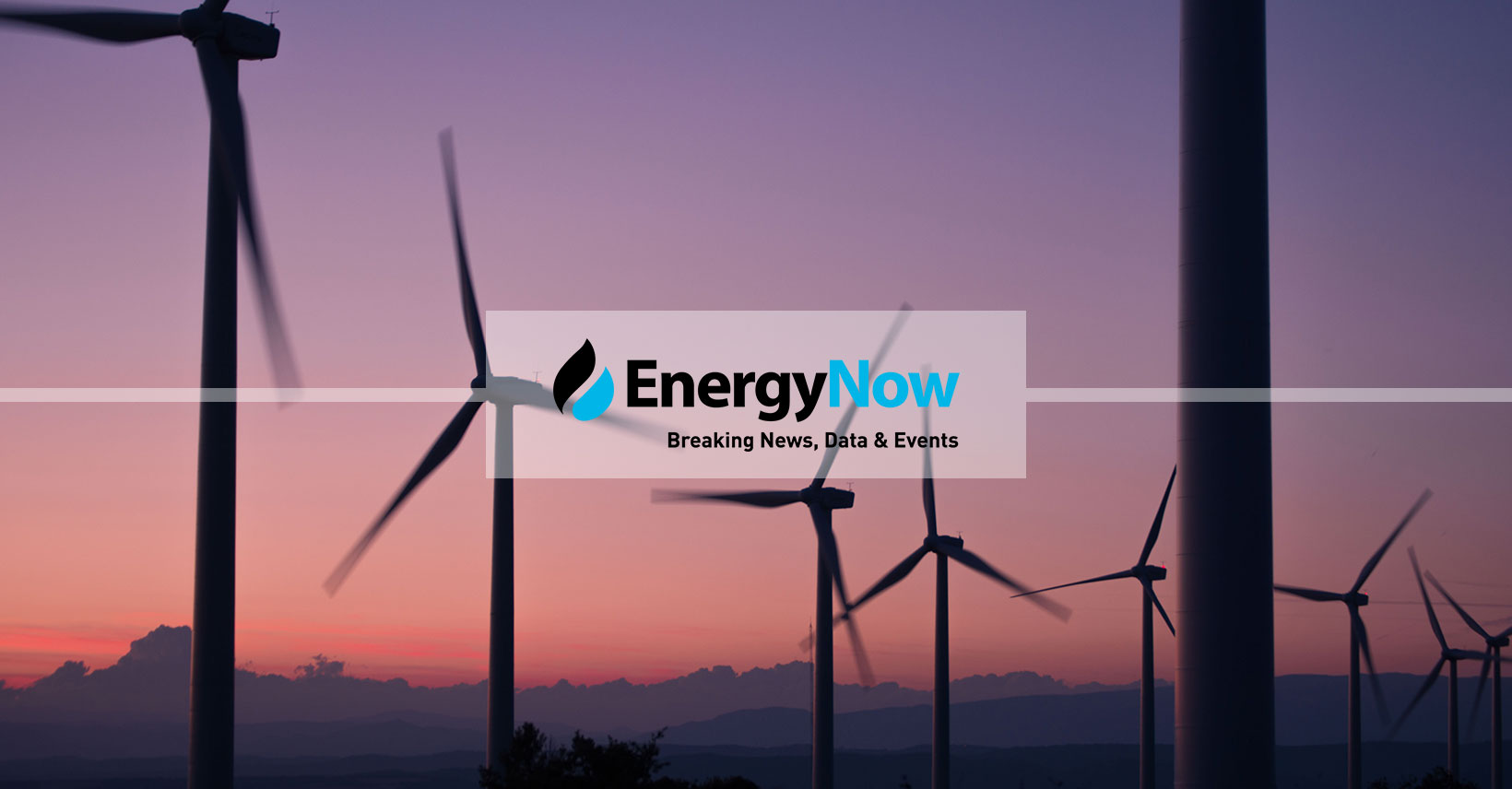
I turned my back on living in a cold weather state a few years ago and headed to Florida. The Sunshine State’s governor, though, is making it really difficult for many of our state’s citizens as he promotes “Our Great American Comeback.”
He evaluates without substantiation (the US “is going in the wrong direction”). He prides himself on name-calling (“the woke mob”). His new legislation prohibits classroom discussions or corporate training that make students or workers feel uneasy about their race. He spreads disinformation (“drugs are pouring into our country, killing tens of thousands of our fellow Americans” — knowing that it is Big Pharma that should be held far more responsible for drug habits and deaths). DeSantis has backed Senator Tommy Tuberville’s months-long blockade on more than 200 military nominations, demanding that the Pentagon overturn its policy of providing paid leave to service members seeking to terminate a pregnancy.
And now DeSantis is rejecting federal money that can help my state to fight the climate crisis that floods our homes, pummels us with extreme heat, and pushes the oceans around us to rise. I’m pi$$ed.

You’d think that each state’s governors would welcome millions of dollars in federal climate funding from the Inflation Reduction Act (IRA), right?
Wrong.
Four state’s governors have decided not to apply for the Climate Pollution Reduction Grants program administered by the Environmental Protection Agency (EPA), as revealed by the Washington Post. Florida, Iowa, Kentucky, and South Dakota have declined $3 million each to develop and implement plans to reduce GHG emissions and other harmful air pollution.
Nikki Fried, the former state agriculture commissioner who took over as chair of the Florida Democratic Party in February, challenged our state’s governor during a July fundraiser. “Back Ron DeSantis into a corner and call out his bulls–t.”
Why Does A State’s Governor Decline Federal Climate Funding?
“The promise is clean, affordable energy, safe, breathable air free of toxics for all Americans, well-paying jobs sustained by the new energy economy,” said Jennifer Macedonia, a US EPA administrator speaking at a February webinar. “The Climate Pollution Reduction Grant Program, in concert with other federal funding streams, represents a once-in-a-generation opportunity to invest in our future and realize transformative, lasting change.”
Iowa: Iowa is one of four state governments that missed the deadline to participate in the federal CPRG program. It’s not the first time the state’s governor has rejected federal money — and it’s caused a shortfall of more than $200 million. By failing to meet the first deadline, Iowa won’t be able to tap into phase II of the program — a $4.6 billion allocation to help states transition to clean energy economies.
Last year Governor Kim Reynolds turned away federal money for Covid testing in schools, asserting that Iowa didn’t need it. The state’s governor looked the other way at the opportunity for a $30 million federal grant for child care services in November and, as of February, had forfeited at least $89.5 million in emergency rental assistance.
South Dakota: A spokesperson for South Dakota Governor Kristi Noem said federal spending “often comes with strings attached” when asked why the state did not apply for CPRGs. Ian Fury explained that “South Dakota is one of the top 10 ‘greenest’ states in America. This isn’t because we take federal money or institute green mandates. It’s because our people love the beauty of our state and do their part to cherish it.”
The state’s governor is concerned that more federal spending will make inflation worse, and because of possible “strings attached” to the money. South Dakota, instead, is focused on “solving long-term problems with one-time investments rather than creating new government programs,” Fury said. “We either decline or return money that we don’t need.” Yet government data released last week showed that inflation has dropped to its lowest levels since March, 2021.
SoDak350, a group that says it is “building the grassroots movement for climate action in South Dakota,” criticized the decision.
Kentucky: Kentucky Energy and Environment Cabinet spokesperson John Mura in a statement said local governments are “best situated to apply for and administer” the grant funding. “The Beshear administration is actively applying for and receiving a number of federal grants to help boost efforts to build a better Kentucky for all our people,” Mura said.
This decision comes after Kentucky suffered major climate disasters in the form of floods and tornadoes. Kentucky Conservation Committee Executive Director Lane Boldman, whose organization represents conservation and renewable energy groups, said earlier this month she was disappointed Kentucky didn’t apply for the program because the state needs to be “using all the tools that the federal government is offering to us.”
Kentucky’s 3 largest metro areas — Louisville, Lexington, and Bowling Green — are eligible to receive the state’s share of grant funding.
Regions in Florida Apply Separately for the Climate Funding
All is not lost in Florida for climate action funding.
Earlier this spring, the US Environmental Protection Agency (EPA) announced the first phase of the new $5 billion Climate Pollution Reduction Grants (CPRG) Program. When the 4 states failed to submit a Notice of Intent to Participate (NOIP) by March 31st, they declined their $3 million in planning grant funding. According to the process outlined in the Planning Grant Guidance, though, some Metropolitan Statistical Areas (MSAs) became eligible for $1 million in funding.
In Florida, 5 of the state’s largest metro areas — Miami, Tampa, Orlando, Jacksonville, and North Port — have opted to apply for the program.
Under Phase One, EPA will directly award up to $1 million to each of the 67 most populous (MSAs) in the country to develop a climate action plan to reduce GHG emissions in their MSA. Tampa Bay Regional Planning Council (TBRPC), for example, will serve as the lead entity for the Tampa-St. Petersburg-Clearwater MSA – the 18th largest in the country.
Split into two phases, EPA will first award $250 million in planning grants by formula, and then competitively award $4.6 billion in implementation grants.
By preparing a climate action plan for the MSA, local governments and TBRPC will be eligible to apply for the $4.6 billion dollars in competitive implementation grants available nationally under Phase Two, which is scheduled to launch in late 2023.The resources available under the CPRG program will provide an unprecedented opportunity to develop and implement strong, local GHG reduction strategies that will also advance environmental justice, increase energy security, and improve air quality throughout the region.
Meanwhile, DeSantis has also rejected millions of dollars of federal energy funding from the 2021 bipartisan infrastructure law. He says he wants to “rip up Joe Biden’s Green New Deal.” Instead, what he’s really doing is hurting the citizens of Florida whose lives and livelihoods depend on rapid and robust climate mitigation.
I don’t like paywalls. You don’t like paywalls. Who likes paywalls? Here at CleanTechnica, we implemented a limited paywall for a while, but it always felt wrong — and it was always tough to decide what we should put behind there. In theory, your most exclusive and best content goes behind a paywall. But then fewer people read it! We just don’t like paywalls, and so we’ve decided to ditch ours. Unfortunately, the media business is still a tough, cut-throat business with tiny margins. It’s a never-ending Olympic challenge to stay above water or even perhaps — gasp — grow. So …
Sign up for daily news updates from CleanTechnica on email. Or follow us on Google News!
Have a tip for CleanTechnica, want to advertise, or want to suggest a guest for our CleanTech Talk podcast? Contact us here.
Former Tesla Battery Expert Leading Lyten Into New Lithium-Sulfur Battery Era:
CleanTechnica uses affiliate links. See our policy here.




